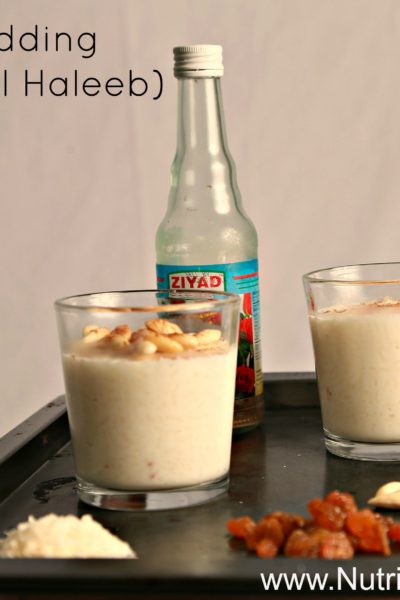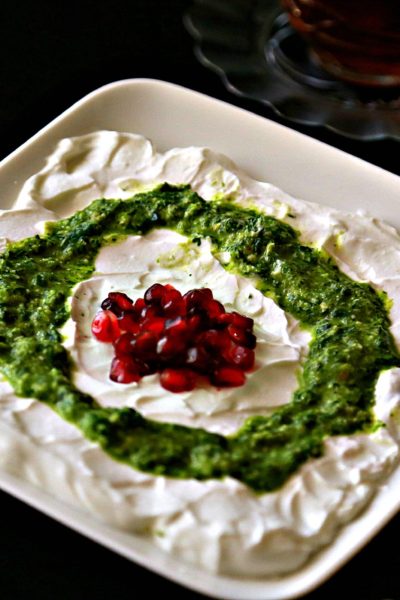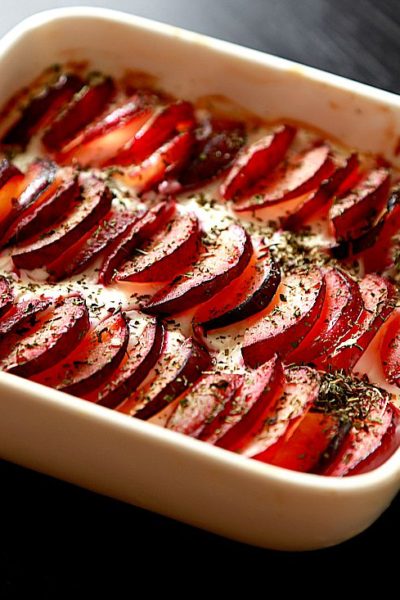In the previous post I talked about the difference between the terms vegetarian, and vegan, and the animal protein debate. In this post, I’ll talk about other essential nutrients that it may be difficult to meet with vegan diet.
Vitamin B 12
Is the most crucial vitamin of the B-vitamins group, because you cannot get it from plant sources (update: some mushroom types have traces of vit B12). Plus, the human body cannot synthesis it. The only option for vegans is, to take daily supplements to avoid deficiency.
Iron
It can be found in both animal (heme) sources, and plant (non-heme) sources. The heme iron is better absorbed by the human body, but studies shown that the body is more efficient in absorption of lower intake of iron. Vegans may need to have a higher intake of iron to avoid anemia.
Calcium
There are many sources of calcium, like dairy products, leafy green vegetables, salmon, soy products, and fortified cereals. Vegans should keep in mind that calcium in green vegetables, is bound to oxalate, and may lower its absorption. Also they may have phytate that can bind to minerals like calcium, and reduce its absorption. So they need to get calcium from variety of food to enhance their calcium intake. Also, Vitamin D is needed for calcium absorption; vegans should make sure they also consume enough vitamin D.
Special Need
Anyone can be a vegan . Some need a special care like athletes, body builder, pregnant women, elderly, kids and teens. It may be difficult to be vegan if you are one of these categories, but it’s possible with extra care.
Is eating more meat bad for the environment?
I discussed here about how your diet affects earth. Nowadays there are debates for going vegans for environmental reasons. Their point of view is that livestock need huge amount of energy, and land to be raised. Also the handling process for meat production like refrigeration, and transportation. While beans, seeds, and whole grains do not need extra energy.
(Update: there are more vegan superfood like spirulina now that helps you meet your daily dietary need. However, you still need to be cautious and plan ahead and preferably seek a dietitian before going vegan. Especially, if you are falling under category of special need I wrote above)
Is being vegan makes you live longer?
A lot of studies shown that vegetarian & vegan diets may increase life span, and it decreases the possibility of suffering from heart diseases, cancer, and diabetes… etc. While are these results sounds promising, most of these results are correlation not causation. Unfortunately most of modern vegan diets aren’t healthy, some vegans tend to consume a lot of special processed food, and its much worse for their health than meat and dairy products, because manufacturers omit the fat, and add many artificial things like thickeners, stabilizers , to get the desired shape and taste.
As a nutritionist, and an omnivore person I believe it’s easier to meet all your needs with omnivorous diet, or vegetarian one. Good Vegan diet is possible but its a tricky one. I advise if you want to go for veganism for health reasons, try to be a vegetarian or a flexitarian or a pescetarian, (see previous post to know more about these terms). If you insist to go vegan for ethical, or religious reasons, it will be easier to start by one day, and see if you can handle it.
Check out my vegan recipes , and here is an example for one day of real vegan recipes with fulfilling options:
Breakfast
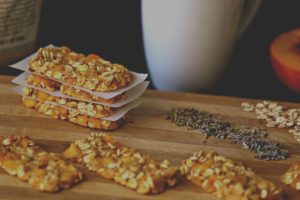
Peach Oatmeal Bars with Lavender
Creamy Pumpkin Polenta Porridge
Lunch
Vegan Sweet Potato & Carrot Soup
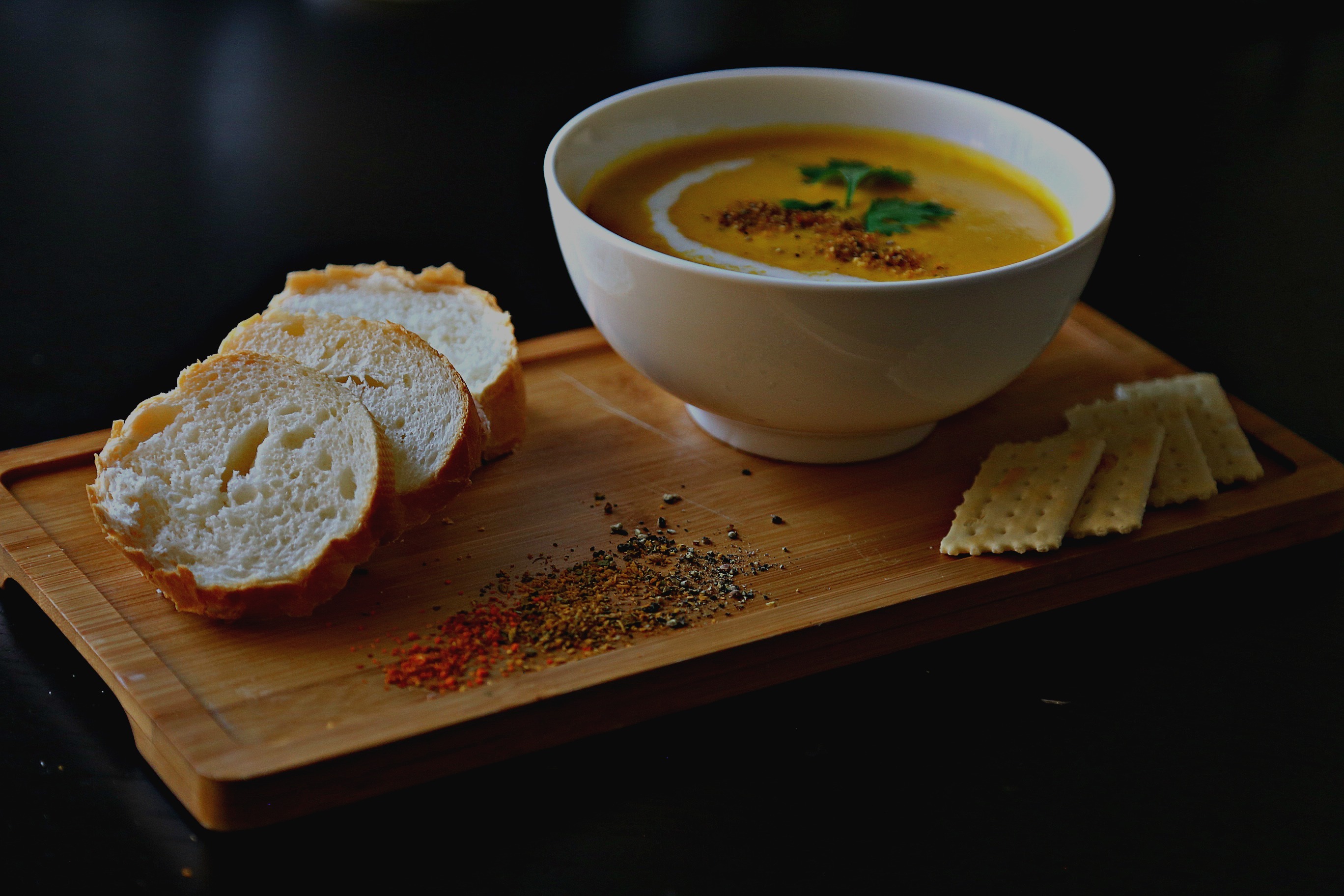
Dinner
Arabic Eggplant Curry with Chickpeas (Tabbakh Rohoo)
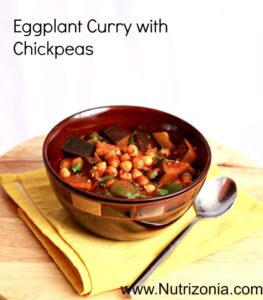
(Note: This is might not meet all your energy needs, its just an example)
I advise you to not let your choice affect your health ,whether you eat meat, or not you can enjoy a healthy life style. Because being healthy isn’t just about food choice, it’s about the physical, mental health, less stress, and much more. So relax, and enjoy life!
For further reading:
http://www.dietitiancassie.com/no-joy-in-soy/
http://www.hsph.harvard.edu/nutritionsource/calcium-full-story/
http://www.unh.edu/dining/nutrition/pdf/calcium-nondairy.pdf

